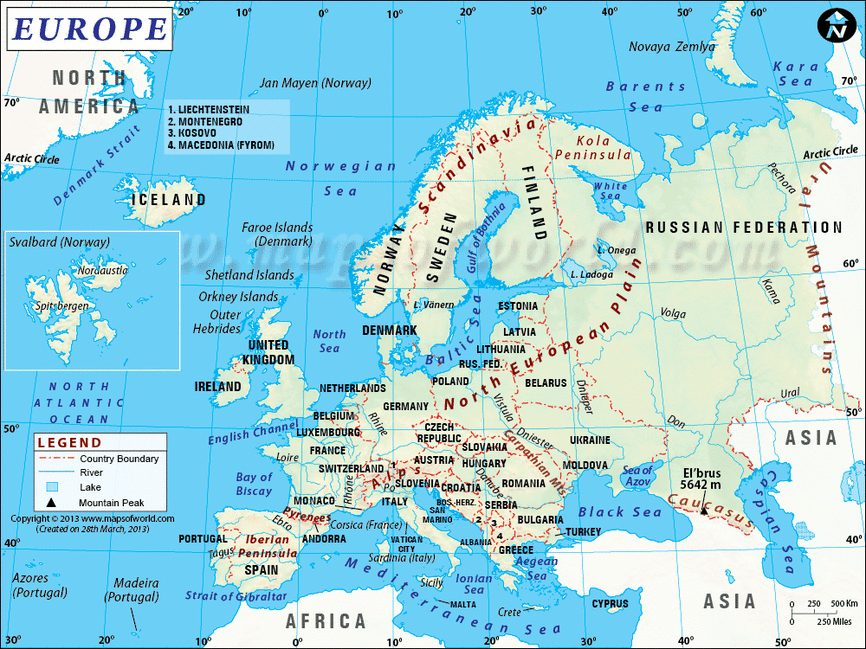

Junior Pierre Llorach, who took Western Civilization last year, said, “Because it’s now an AP class, they expect so much more out of the students everything in a shorter amount of time.” Some point out the negative effects of changing the course. Garvey said, “I didn’t really know what to expect, but seeing what I’m seeing, the kids who truly want to be in are generally very serious.” The requirements and standards are very clear and concise. The AP teachers are in agreement that AP European History is a more structured college prep class. going to reflect the individual style of each teacher.” Waller said, “We have a common pace that a bit off, but we all move towards the same final exam. All test and quiz questions, as well as essay prompts, are selected from the same pool. We basically agree on where we want to be at the end of the year.”Īlthough not all classes can be taught exactly the same way, all three AP European History teachers distribute grades based off of the same syllabus. Garvey said, “We have different teaching styles. Some of them still could they just need to review.”īraunstein’s class had always focused on developing writing skills, even before it was an AP requirement.

If they got a prep book and reviewed the stuff they could have taken the AP exam. Waller believed that his Western Civilization students’ writing would not have met the standard of the AP exam and pointed out that they had only covered 70 percent of the test material.īraunstein said, “ would have written and done alright.

#European civilization coursenotes free#
To prepare, AP European History includes work with free response questions (FRQs) and document-based questions (DBQs). Waller said, “The biggest difference between the two classes is that there’s more reading and writing, but it has a purpose, a reward.”Ī large part of the AP exam in May will be essays. Patricia Braunstein, who has taught social studies at Carlmont for over 20 years, said, “AP European History is basically the same class with some tweaks.”īecause the course material is almost identical for Western Civilization and AP European History, people are questioning what changes qualify the European History students to take the AP test and gain college credit. Garvey said, “In Western Civilization, I rarely did group projects because I think there’s a real demand to teach good writing, reading, and pre-college skills.” The three Western Civilization teachers already preferred working on writing skills rather than group projects, making the course even more like an AP class. Students were already doing 70 percent of the reading for the AP course, and Waller proposed that with a bit more reading and exposure to writing skills, Carlmont could make Western Civilization an AP class. Waller explained that Carlmont’s Western Civilization course had already been using a college textbook for eight years. Waller explained that freshman World History classes at Carlmont are requiring students to analyze more documents and are introducing more writing components to better prepare students for the challenge of AP European History as sophomores.Ĭurrent AP European History students, being the “guinea pigs,” may not be as prepared as future students will be for the course. Social Studies Instructional Leader Jayson Waller said, “Our department decided to offer AP European History in part because both Woodside and Menlo-Atherton have offered it as the advanced class to their sophomores for a couple of years.”Ĭarlmont now offers students a choice between four-point college prep classes and five-point AP classes throughout their sophomore, junior, and senior years. This year, sophomores in AP European History will have the option of taking the AP exam in May, something that was not offered to previous Western Civilization students.ĪP European History teacher Linda Garvey said, “AP European History was created with the idea of providing kids with an additional challenge.” Sarah Schisla, Scot Scoop Editor-in-Chief


 0 kommentar(er)
0 kommentar(er)
